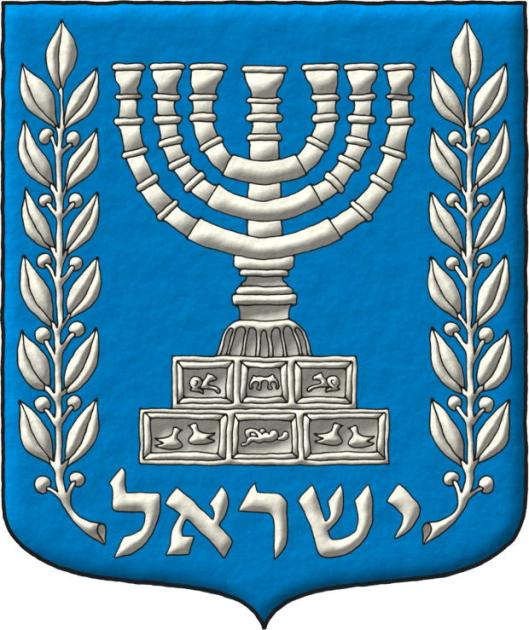This week’s Torah portion is filled with events that have been discussed at length over the centuries. (You’ll find it in the Book of Numbers, chapters 8 through 12).
And yet, with all of the important and sometimes bewildering things that happen, I’m stuck at the beginning. In the first verse, Aaron is instructed, “When you mount the lamps [b’ha’alot’ka] let the seven lamps give light at the front of the lampstand.” These lamps are the “menorahs” in the Tent of Meeting (the word menorah literally means lamp, and in this context, is not the same as a Hanukkah menorah).
The root of the word for “when you mount” is alah, to rise up, or be lifted. It’s related to the word aliyah, which we use for moving to Israel (“making aliyah“) and for having a Torah honor during services, during which one “goes up” to the scroll.
All of the subsequent events in the Torah portion deal with interactions; those between humans and humans, and those between God and humans. Several times there are conflicts, such as when Miriam and Aaron speak badly about Moses’ wife. Other times things go smoothly, especially when people cooperate, collaborate, and encourage each other.
But first comes the commandment to lift up light. When we shine light into dark places, into confusion and miscommunication, we can bring clarity and understanding.
Aaron is commanded to lift light, to enlighten. In our complicated world, where at times it seems that darkness prevails, may the leaders of our countries – and we in our own small ways – remember to shine the light of hope, understanding, wisdom, and peace.

This is the official seal of the state of Israel, which depicts the menorah that Aaron was commanded to light.

In today’s world, we need a great deal of light in many places to bring peace as well as to give relief to those who are suffering.
LikeLike
synchronous that we also approach the summer solstice, dear jennifer. i’ve stopped referring to elected officials and authorities as leaders. they are more there to protect the status quo and power arrangements. maybe we are the leaders — or need to be.
i was recently introduced to the definition of the greek word “apocalypse.” it is an uncovering. so much ugliness in our collective character is being revealed right now. may light penetrate all of these dark places, and may we have the moral courage to help birth a new world.
sending love and a big hug! deb
Virus-free. http://www.avast.com
LikeLike